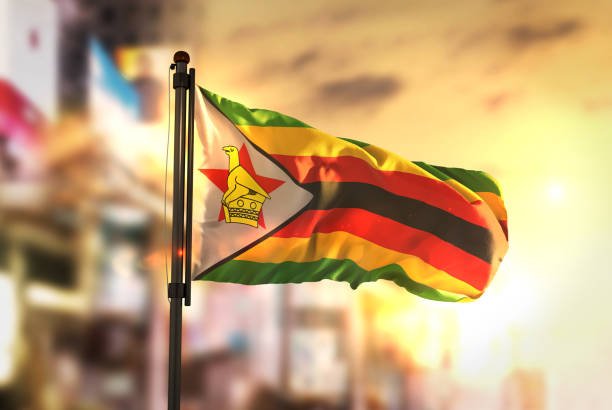Members of Parliament from Botswana, spanning both the ruling party and the opposition, have jointly voiced their rejection of a proposed reciprocal agreement allowing Zimbabweans to enter Botswana with only identity cards, bypassing the need for passports.
In recent developments, Members of Parliament from Botswana, spanning both the ruling party and the opposition, have jointly voiced their rejection of a proposed reciprocal agreement allowing Zimbabweans to enter Botswana with only identity cards, bypassing the need for passports. This unified stance stems from concerns over the strain on Botswana’s public healthcare system, already burdened by the influx of Zimbabweans seeking medical assistance in Francis Town.
President Masisi clarified to the Botswana parliament that the announced arrangement by President Mnangagwa of Zimbabwe was merely a concept, emphasizing that no formal agreement had been reached. The situation draws parallels to a similar reciprocal deal with Namibia, which faced no significant resistance, likely due to Namibians’ self-sufficiency and minimal reliance on Botswana for jobs and public services.
Managing cross-border agreements demands careful consideration of the practical implications on both sides, shedding light on the complexities involved in such diplomatic endeavors. The resistance from Botswana reflects the challenges arising from Zimbabwe’s internal issues, characterized by a collapsed public healthcare system, corruption, incompetence, and failed political and economic policies.
 Regional leper?
Regional leper?
ZANUPF, the ruling party in Zimbabwe, appears to overlook the critical role that political and economic stability plays in a nation’s well-being. The region, including South Africa’s ruling ANC, has increasingly shown reluctance towards embracing Zimbabwean cross-border movement, underscoring the broader implications of Zimbabwe’s struggles.
It is indeed tragic that Zimbabwe finds itself in this predicament, viewed by its neighbors as a “regional leper.” The historical context reminds us that Zimbabwe was once a thriving nation with a robust economy when she gained independence. However, the subsequent economic downturn under ZANUPF’s rule has left Zimbabwe in its current state.
Ultimately, the crux of the matter lies in the magic word: LEADERSHIP. There is need for Zimbabwe to address issues of corruption, embrace competent governance, and implement effective economic and political policies for sustainable development. As the region collectively registers its displeasure, it serves as a poignant reminder of the profound impact leadership can have on the destiny of a nation.










